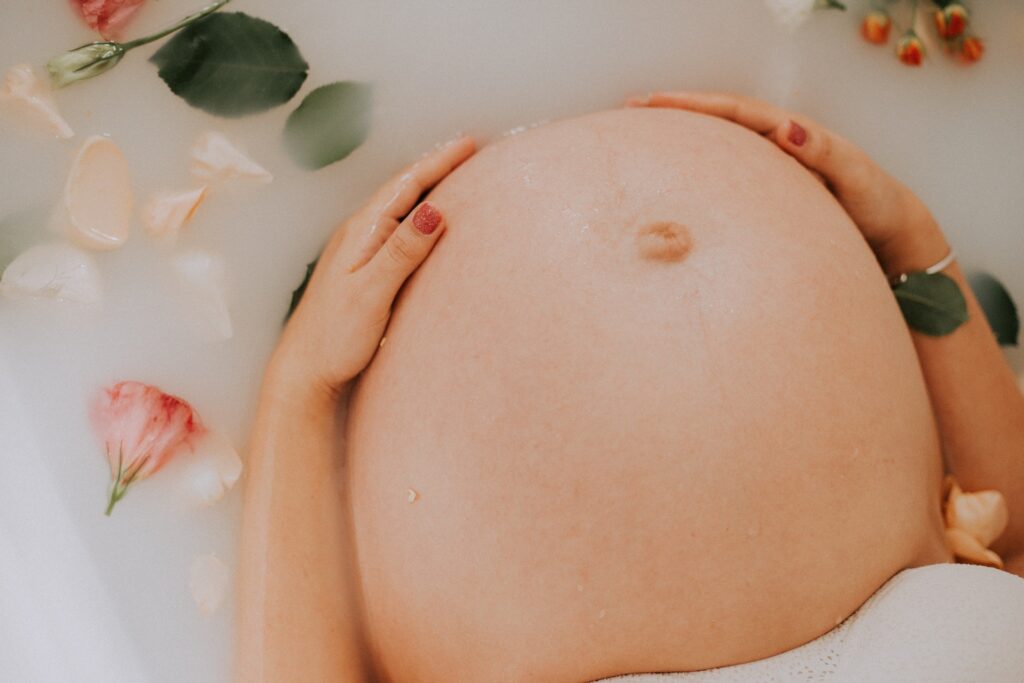
When you’re trying to conceive, one of the first things you may wonder is how soon you’ll start feeling pregnancy symptoms. The timing of pregnancy symptoms can vary greatly from person to person, and even pregnancy to pregnancy. However, there are some general guidelines that can give you an idea of when you might start experiencing symptoms.
Common Symptoms
One of the earliest pregnancy symptoms is a missed period. This is usually one of the first signs that you may be pregnant, but it’s not always a reliable indicator. Some women experience light spotting or cramping during the first weeks of pregnancy, which can be mistaken for a period.
Another early pregnancy symptom is breast tenderness. As your body prepares for the growth and development of your baby, your hormone levels will increase, which can cause your breasts to feel swollen, tender or sensitive to the touch.
Nausea and vomiting are common symptoms that many women experience during the first trimester of pregnancy. The exact cause of morning sickness is not well understood, but it is thought to be related to hormonal changes in the body.
Fatigue is another early symptom of pregnancy. As your body works to support the growth and development of your baby, you may find yourself feeling more tired than usual.
Other early pregnancy symptoms include frequent urination, bloating, and constipation.
Read Also
- Recipe for Vegan Parmesan Cheese A Nutritious Alternative
- Best Health Food for Breakfast to Eat in the Morning
- How to lose weight very fast: seven keys to lose a lot of weight
- Diet to Lower Cholesterol
- Tricks to Fall Asleep and Get Quality Sleep
Important
It’s worth noting that not all women experience these symptoms, and some may not experience them until later in the pregnancy. Additionally, some of these symptoms can also be caused by other factors such as stress, changes in diet, or hormonal imbalances unrelated to pregnancy.
It’s also important to remember that just because you’re experiencing pregnancy symptoms, it doesn’t necessarily mean that you’re pregnant. These symptoms can also be caused by other conditions such as premenstrual syndrome (PMS) or an impending menstrual period.
The best way to confirm pregnancy is through a pregnancy test or a visit to your doctor. A blood test can also confirm pregnancy by detecting a hormone called human chorionic gonadotropin (hCG) which is produced by the placenta after the fertilized egg implants in the uterus.
In conclusion, the timing of pregnancy symptoms can vary greatly from person to person. Some women may start experiencing symptoms right away, while others may not experience them until later in the pregnancy. The best way to confirm pregnancy is through a pregnancy test or a visit to your doctor. It is important to be aware of the early signs of pregnancy and to consult with your healthcare provider if you have any concerns.



